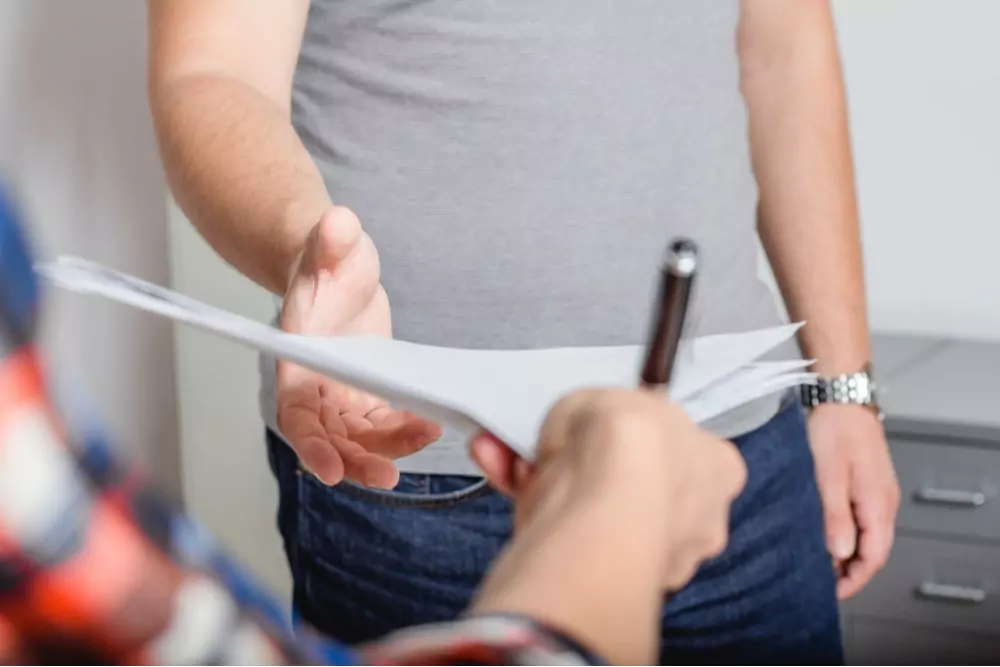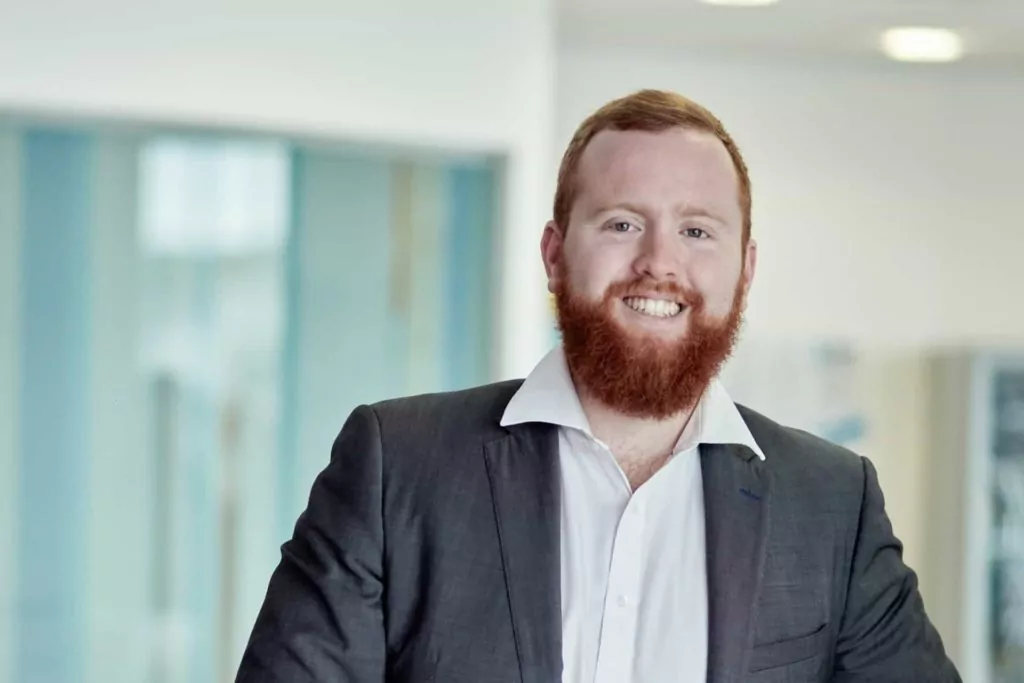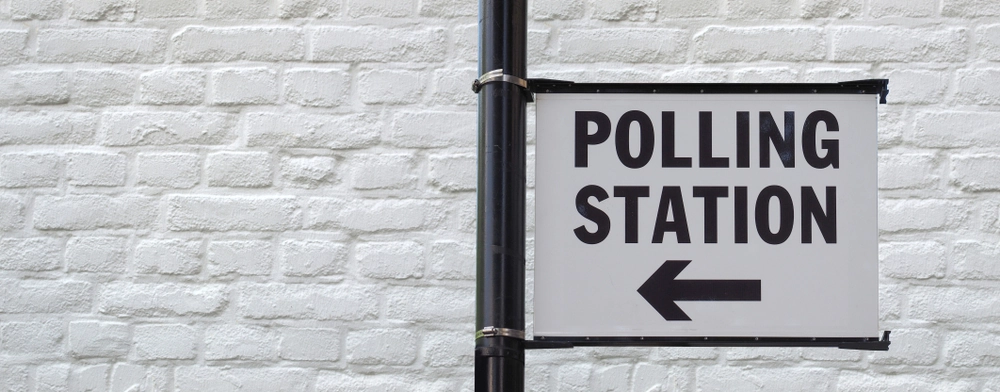
Protecting your business: Bringing a prosecution in the criminal courts

It is well known that the police and other regulatory agencies have powers to enforce the criminal law by prosecuting alleged offenders in the criminal courts.
However, what is less well known is that businesses and individuals are also able to start a prosecution in the English criminal courts where they believe an individual or company has caused them economic harm – in other words they have been the victim of an economic crime such as fraudulent misrepresentation, perpetrated in England.
The English courts have seen exponential growth in the number of cases being commenced in this way. Long gone are the days when a 'private prosecution' meant an individual with a highly personalised grievance taking a stand in a noble effort to secure 'justice' where the police had declined to get involved.
These days, 'private prosecutions' are very much a part of the mainstream when it comes to criminal proceedings, with lawyers conducting the case on behalf of their clients in the same way as if the case was brought by the state.
It is not difficult to see why.
Business are attracted by the relatively user friendly process that their lawyers will use on their behalf, the heavy penalties handed down in the event of a conviction (large fines and prison sentences) and the ability to recover legal costs from government funds where the Court accepts that there is at least a case for the defendant(s) to answer.
Victims of crime are also able to seek compensation from the criminal courts following conviction of a defendant.
Are there any recent examples?
A recent, well publicised, case at Southwark Crown Court provides a good example.
US based Supreme Clothing started a private prosecution against three Italian nationals and the English company "International Brand Firm Limited" in England on the basis of alleged fraud and counterfeiting of Supreme designed clothing that was taking place in England.
All defendants were convicted by a jury at Southwark Crown Court of conspiracy to defraud Supreme and 'fraud by misrepresentation' against the general public given the widespread counterfeiting of the clothing throughout Europe and China.
Michelle Di Pierro was sentenced to eight years imprisonment and Marcello Di Pierro to three years. In total, International Brand Firm Limited was fined £7.5million.
This case reinforces the importance of consumer protection that are imbedded in UK Trade Mark law.
Tim Williamson commented: "Responding to fraudulent activity and reducing the risk of fraud is a serious matter. Businesses will need to ensure that they have systems in place to identify and respond to threats to their corporate identity and take appropriate action. The question then becomes: what is the best way to respond?
"Existing civil law processes involving freezing injunctions and litigation seeking damages is still very much available, but there is another weapon for businesses to consider using as the above case demonstrates. Starting a private prosecution is more user friendly than might be expected and has proven to be effective."
Next Steps
The firm's specialist Fraud lawyers have advised and supported clients commencing civil claims and conducting private prosecutions on their behalf in all parts of the country.
In addition to work carried out on behalf of private prosecutors, the team's lawyers advise and defend those accused of fraud and other wrongdoing.
If you would like to discuss concerns you have about responding to a threat to your business, please contact one of our specialist Fraud lawyers.

















